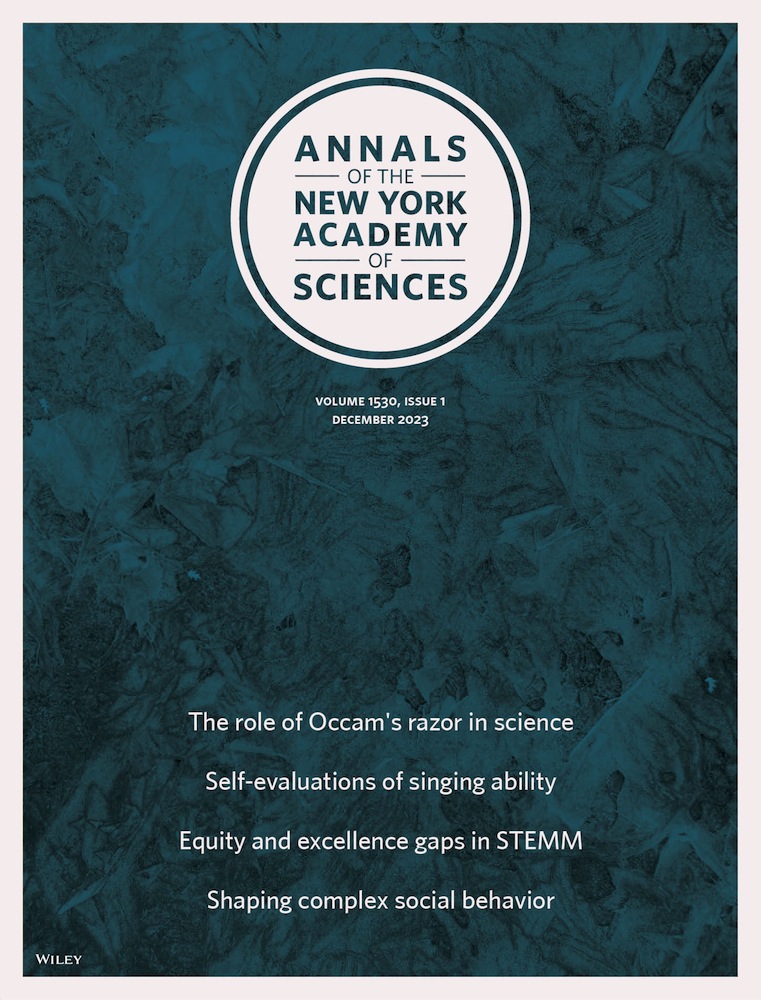Quality of life in older adults is enhanced by piano practice: Results from a randomized controlled trial
IF 4.1
3区 综合性期刊
Q1 MULTIDISCIPLINARY SCIENCES
引用次数: 0
Abstract
Although hobbies can improve quality of life (QoL), the role that music might play in healthy aging still needs to be established. The aim of the present study was to investigate the causal influence of piano practice on QoL in seniors. Furthermore, we aimed to identify brain regions of the reward circuit that are related to QoL and piano practice. The present randomized controlled trial included 156 older, healthy participants. All participants were randomly assigned to either piano practice or music listening groups and attended weekly 60‐min lessons for 12 months. At 0, 6, 12, 18, and ∼48 months, QoL was assessed using the WHOQOL‐BREF questionnaire. Gray matter volume was evaluated from T1‐weighted MRI data acquired at the first four time points. Practicing piano positively impacted the psychological (log‐odds 0.13, 90% credible interval [0.01, 0.26]), physical (0.22 [0.05, 0.39]), and environmental (0.18 [0.01, 0.35]) QoL. Social QoL did not change between groups. Furthermore, changes in QoL were positively associated with bilateral amygdala and left pallidal volume increases. In conclusion, offering piano lessons could be a worthwhile approach to promote healthy aging and improve seniors’ QoL.钢琴练习可以提高老年人的生活质量:一项随机对照试验的结果
虽然爱好可以提高生活质量(QoL),但音乐在健康老龄化中可能发挥的作用仍有待确立。摘要本研究旨在探讨钢琴练习对老年人生活质量的因果影响。此外,我们旨在确定与生活质量和钢琴练习相关的奖励回路的大脑区域。目前的随机对照试验包括156名健康的老年人。所有参与者被随机分配到钢琴练习组或音乐听力组,每周参加60分钟的课程,为期12个月。在0、6、12、18和~ 48个月时,使用WHOQOL‐BREF问卷评估生活质量。根据前四个时间点获得的T1加权MRI数据评估灰质体积。练习钢琴对心理(log‐odds 0.13, 90%可信区间[0.01,0.26])、身体(physical)(0.22[0.05, 0.39])和环境(environmental)(0.18[0.01, 0.35])生活质量有积极影响。各组之间的社会生活质量没有变化。此外,生活质量的变化与双侧杏仁核和左侧苍白球体积的增加呈正相关。总之,开设钢琴课是促进健康老龄化和提高老年人生活质量的一种有价值的方法。
本文章由计算机程序翻译,如有差异,请以英文原文为准。
求助全文
约1分钟内获得全文
求助全文
来源期刊

Annals of the New York Academy of Sciences
综合性期刊-综合性期刊
CiteScore
11.00
自引率
1.90%
发文量
193
审稿时长
2-4 weeks
期刊介绍:
Published on behalf of the New York Academy of Sciences, Annals of the New York Academy of Sciences provides multidisciplinary perspectives on research of current scientific interest with far-reaching implications for the wider scientific community and society at large. Each special issue assembles the best thinking of key contributors to a field of investigation at a time when emerging developments offer the promise of new insight. Individually themed, Annals special issues stimulate new ways to think about science by providing a neutral forum for discourse—within and across many institutions and fields.
 求助内容:
求助内容: 应助结果提醒方式:
应助结果提醒方式:


